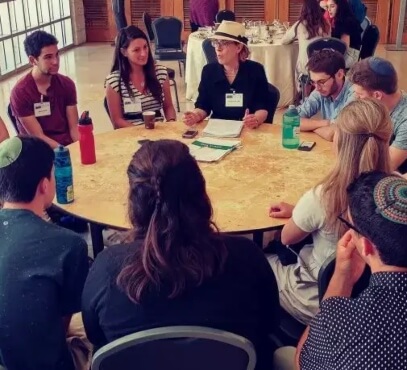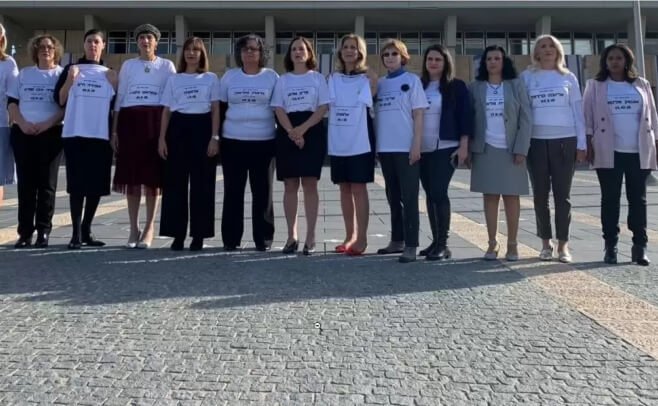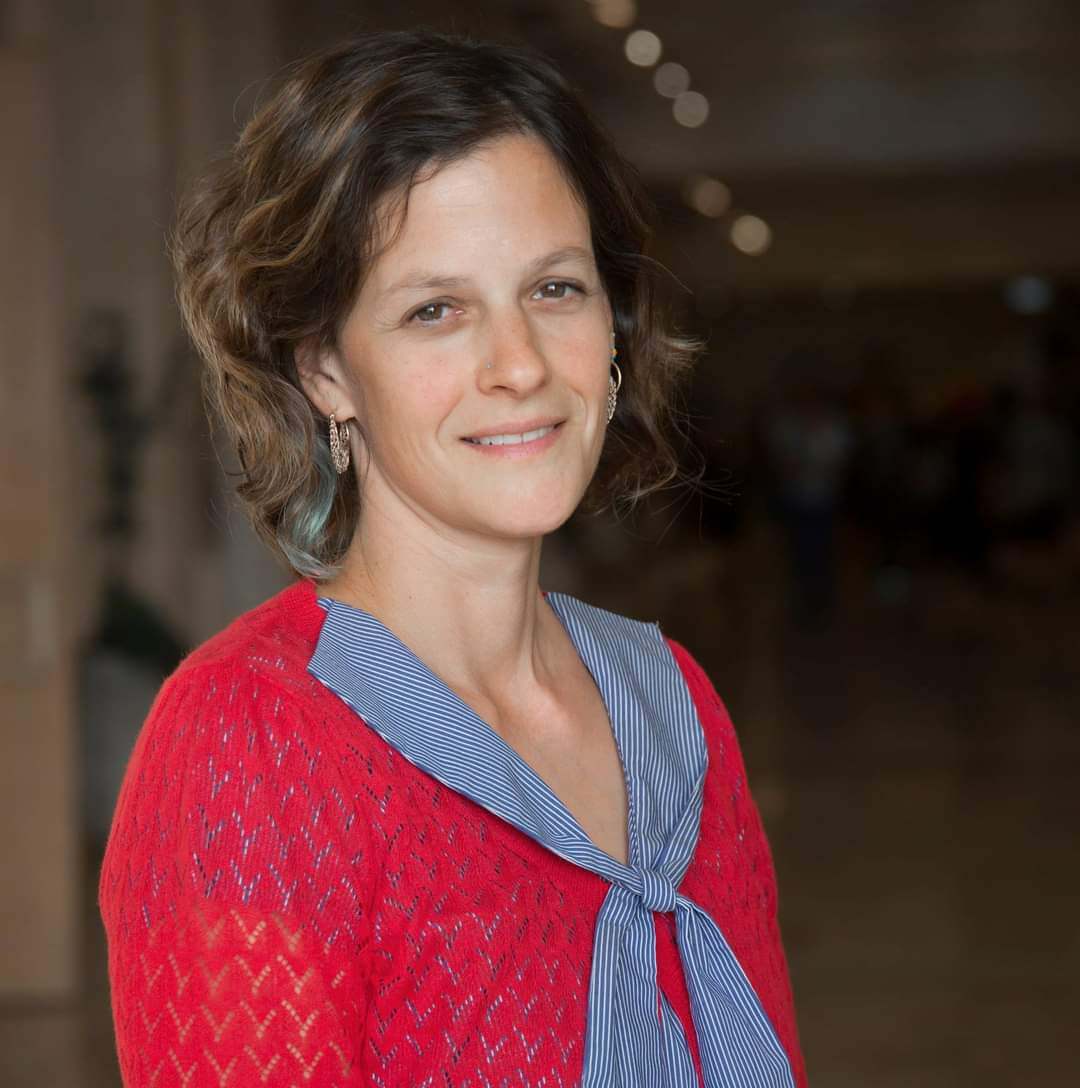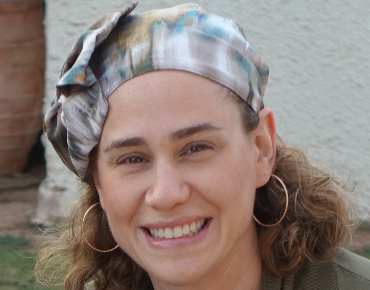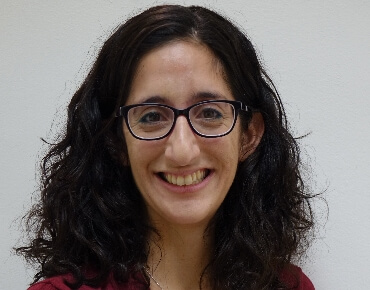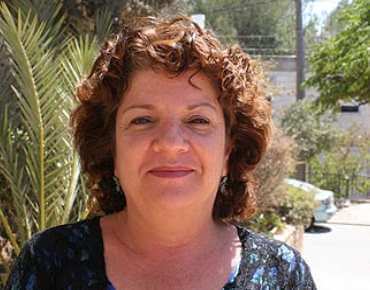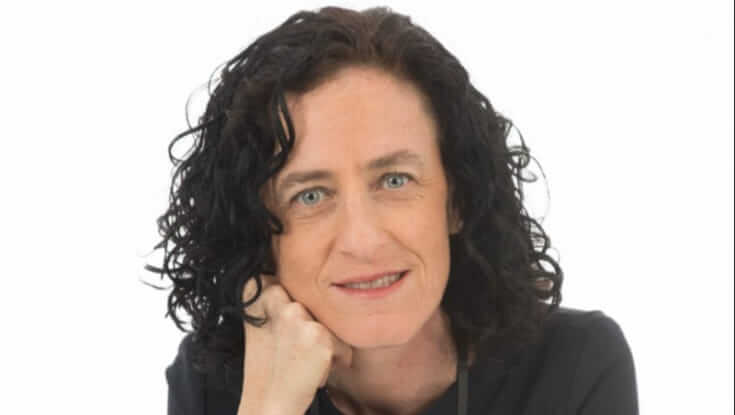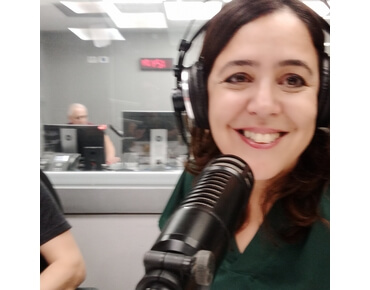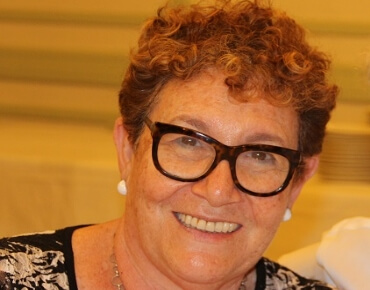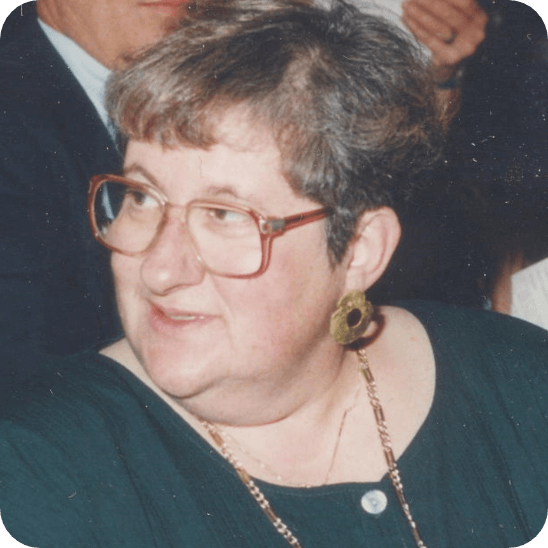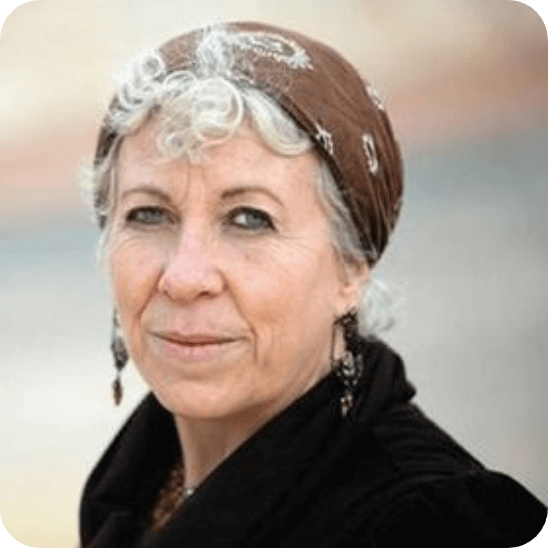ככה זה התחיל…
שנת 1995. בתוכי הולכת ומצטברת התחושה שכך אי אפשר להמשיך בתוך הקהילה הדתית. מחוץ לקהילה עצמה נשים חוו שוויון, הערכה, כבוד הדדי והכרה, ואילו בתוך הקהילה, אסור היה לבטא את המילה “פמיניזם”, בהיותה מילה שנחשבה מגונה ומשוקצת. הנרטיב המקובל היה שבחברה הדתית תפקידה המסורתי, הטוב והנכון לאישה הוא בהיותה “אשת חיל”, וכל שיח שהקשה על הנחת יסוד זו, היה בה מן הסכנה שבשבירת טאבו.
ב 01.01.1996, התכנסנו לראשונה מספר קטן של נשים בביתה של לאה קדרי, אמה של שותפתי ליוזמה, הפסיכולוגית מרים שפירא, ששמשה שנים רבות אחר כך חברת הנהלה ב’קולך’. בפגישה לקחו חלק גם פרופ’ רות קדרי, הפסיכולוגית מיכל פרנץ, הרבנית חנה הנקין (ראש מדרשת נשמת), הגב’ יהודית שילת (ראש פורום תקנה) והגב’ ליאורה מינקה (יו”ר אמונה כיום).
פתחנו את תיבת הפנדורה, וראינו כי אנו תמימות דעה בצורך החיוני לפעול לשינוי.
הפעם הבאה בה נפגשנו ושוחחנו היתה בתחילת שנת 1998 במהלך כנס JOFA בניו יורק, שם גילינו להפתעתנו כי כ 20 נשים דתיות מישראל הגיעו עד לשם כדי למצוא את הקול הפמיניסטי הדתי.
לאחר שובנו מהכנס החל תהליך מואץ של מפגשים. פנינו לחבר הכנסת פרופ’ אלכס לובוצקי, שסייע בידינו לקיים מפגשים בכנסת, וממפגש למפגש מספר המשתתפות גדל. נשים רבות התקשרו ובקשו להצטרף, ובסופו של תהליך גדלה הקבוצה מ 20 נשים לכ 100 נשים.
זמן רב הוקדש לחשיבה על שם הארגון, ולבסוף נבחר השם “פורום נשים דתיות”. ההצעה להשתמש גם בשם שיכיל את המילה “קול” כתגובה להדרת הנשים בביטוי “קול באשה ערווה”, עלה מספר פעמים, אולם השם ‘קולך’ נבחר מספר שבועות אחר כך על ידי ועל ידי במבי שלג, העורכת הראשונה של העלון אותו התחלנו להפיץ, ממש לקראת הפצת הגיליון הראשון.
בראש חודש אב תשנ”ח, סוף חודש יולי 1998, התכנסנו בבית מדרש מת”ן לבוקר חגיגי, בו הופיעו והרצו הרב ליכטנשטיין והרבנית ד”ר נעמי כהן. לאחר מכן קיימנו כנס ייסוד בכנסת, בו דיברו חברי הכנסת חנן פורת ז”ל, שהיה גם זה שהציע לנו להפיץ עלון, אלכס לובוצקי, ענת מאור, יעל דיין, הרב דרוקמן וחברתנו יעל לוין.
והשקנו את הארגון!
מספר ימים אחר כך, בתחילת חודש אוגוסט 1998, רשמתי את הארגון כעמותה ללא כוונות רווח. ללא תקציב, ללא מקור תמיכה. המשרד התחיל בביתי, ועזרה משרדית נתנו לי ילדי, עד לינואר 2000, אז שכרנו לראשונה מזכירה בשכר. במהלך תקופה זו בי”ס פלך תרמו לנו חדרון קטן שישמש אותנו.
בשנים הראשונות לפריצת ‘קולך’ התמקדנו בהוצאה לאור של העלון, ובכתיבה פובליציסטית אינטנסיבית בעיתונות הדתית (בעיקר בעיתון הצופה). רוב השיח היה סביב שאלת מעמד האישה בחיים הדתיים ובחברה הדתית.
ככל שהמודעות לקיומה של ‘קולך’ הלכה וגברה, הלכו ורבו הפניות מן השטח בבקשות מאיתנו לטפל בנושאים הקשורים למצוקות של נשים דתיות. טוענות רבניות פנו ודרשו ש’קולך’ תיכנס לעובי הקורה בעניין מצוקת מסורבות הגט והעגונות, מה שהביאנו להצטרף לקואליציית ארגוני הנשים למען העגונות-עיק”ר, אז בראשות פרופ’ אליס שלוי, ולהקים את הצוות המשפטי-רבני לגיבוש ההסכם לכבוד הדדי למניעת סרבנות גט; פניות של עובדות סוציאליות שטפלו בתופעה המוכחשת אז של נשים מוכות בחברה הדתית; דרישה לטפל בתופעות של הטרדות מיניות בחברה הדתית, במיוחד כאשר המטריד הוא רב או בעל סמכות;
בהמשך קיבלנו פניה גם ממשרד הבריאות, בבקשה לסייע בהעלאת המודעות לבעיות הבריאות הייחודיות של נשים חרדיות: תמותת יתר עקב סרטן השד, תחלואה רבה ותוחלת חיים נמוכה עקב הילודה המרובה.
במהלך השנים הובלנו תיקוני חקיקה שנדרשו לנו במהלך הפעילות, בתחום הטיפול בסרבנות גט (תיקונים לחוק הסנקציות, חוק שיתוף הרכוש); תיקונים בחוק למניעת הטרדה מינית-כמו החלת החוק גם על בעלי סמכות דתית, ועוד.
ברבות השנים הפכה ‘קולך’ לתנועה בת אלפי נשים בישראל (הכוללת בתוכה גם גברים לא מעטים), המזדהות כפמיניסטיות דתיות, נאבקות לצדק מגדרי ופועלות במסירות נפש וללא לאות למען תיקון עוול אפליית הנשים בשם הדת. הן נלחמות נגד הדרתן ונגד כל סוג של פגיעה בנשים בשם ההלכה. המאבקים מתנהלים במישורים רבים ומגוונים: בעבודה סנגורית על ידי תביעות משפטיות, בחקיקה, בכתיבה פובליציסטית, בקמפיינים ציבוריים ותקשורתיים וכיו”ב.
בנוסף, מובילה ‘קולך’ את התכניות החינוכיות להעצמה מגדרית במערכת החינוך הדתי, ומקיימת מרכז מנהיגות להעצמת נשים למנהיגות קהילתית.
אנו רחוקות עדיין מהשגת המטרות שהצבנו לעצמנו. עדיין רבה העבודה לתיקון מצבן של נשים בבתי הדין, בקהילות הדתיות, בבתי הכנסת. עדיין נדרשת עבודה חינוכית רבה, עדיין לא הגענו למנוחה ולנחלה. עוד רבה הדרך לתיקון העולם.


